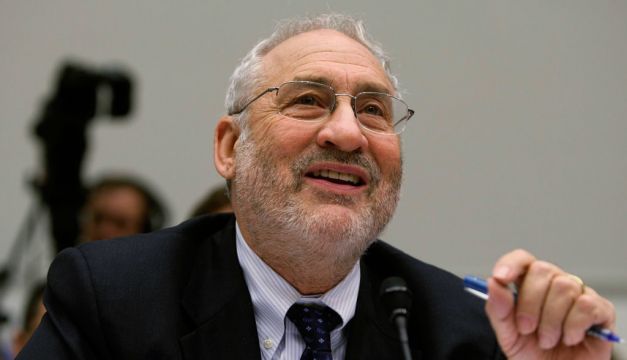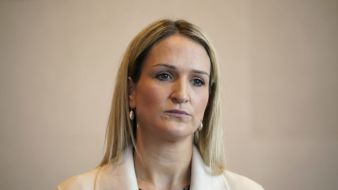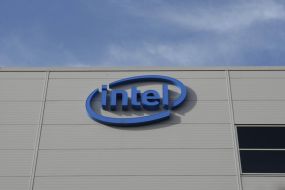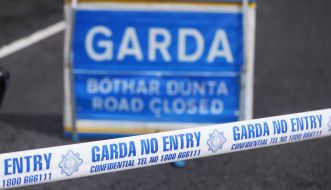Nobel laureate economist Joseph Stiglitz cannot be called to give evidence on behalf of a newspaper being sued by businessman Dermot Desmond, the High Court has ruled.
The proposed evidence of Dr Stiglitz is not relevant to any issue which must be decided in the defamation case Mr Desmond is bringing against The Irish Times, Mr Justice Alexander Owens said.
Mr Desmond claims he was defamed when he was linked to companies which dealt with the law firm whose data was leaked during the 2016 Panama Papers controversy.
The Irish Times denies the claims and pleads fair and reasonable publication on a matter of public interest. The newspaper wanted, as part of that reasonable publication defence, to call Dr Stiglitz as an expert witness.
However, Mr Desmond brought a pre-trial application asking the court to rule that the evidence of Dr Stiglitz would be irrelevant, inadmissible and should not be permitted.
The Irish Times, which denies the defamatory meanings ascribed by Mr Desmond to the article, argued Dr Stiglitz's evidence was necessary for it to defend the case.
The leak in April 2016 of more than 11.5 million documents from the Panamanian law firm Mossack Fonseca detailed financial information from offshore accounts and potential tax evasion by the rich and powerful, including politicians and sports stars.
The Irish Times was among a number of newspapers granted access to the leak and published a number of stories related to it in April 2016. In one, it made reference to a number of Irish people, including Mr Desmond.
Mr Desmond says that by publishing this article among a collection of articles about the Panama Papers, The Irish Times was including him among fraudsters, drug dealers and criminals and that is what makes it defamatory.
He says the article meant, among other things, he was involved in rogue or suspicious financial transactions, the purpose of which was to hide assets.
He is also suing for alleged breach of privacy, claiming the information on him in The Irish Times was private and should not have been published.
Ruling on the issue of whether Dr Stiglitz should give evidence, Mr Justice Owens said the rules of the superior courts provided that “expert evidence shall be restricted to that which is reasonably required to enable the court to determine the proceedings.” This was information on matters which are outside common knowledge, he said.
It was not necessary for The Irish Times to prove that society or the economy have received “benefit” as a result of disclosures in this reportage in order to establish the defence provided by s.26(1) of 2009 Defamation Act, he said.
Proof of such benefit was also not a necessary ingredient of any defence of disclosure in the public interest as an answer to a claim for damages for breach of privacy rights, he said.
"As the proposed evidence of Dr Stiglitz is not relevant to any issue which must be decided, it follows that it is not admissible. The Irish Times may not call Dr Stiglitz to give the proposed evidence", he said.
The judge also rejected claims by Mr Desmond of partisanship by Dr Stiglitz.
“Nothing has been identified which gives me any concern that Dr Stiglitz might be a partisan hack”, he said. There was no evidence of bias in a report prepared by Dr Stiglitz on what he intended evidence would be, he said.







